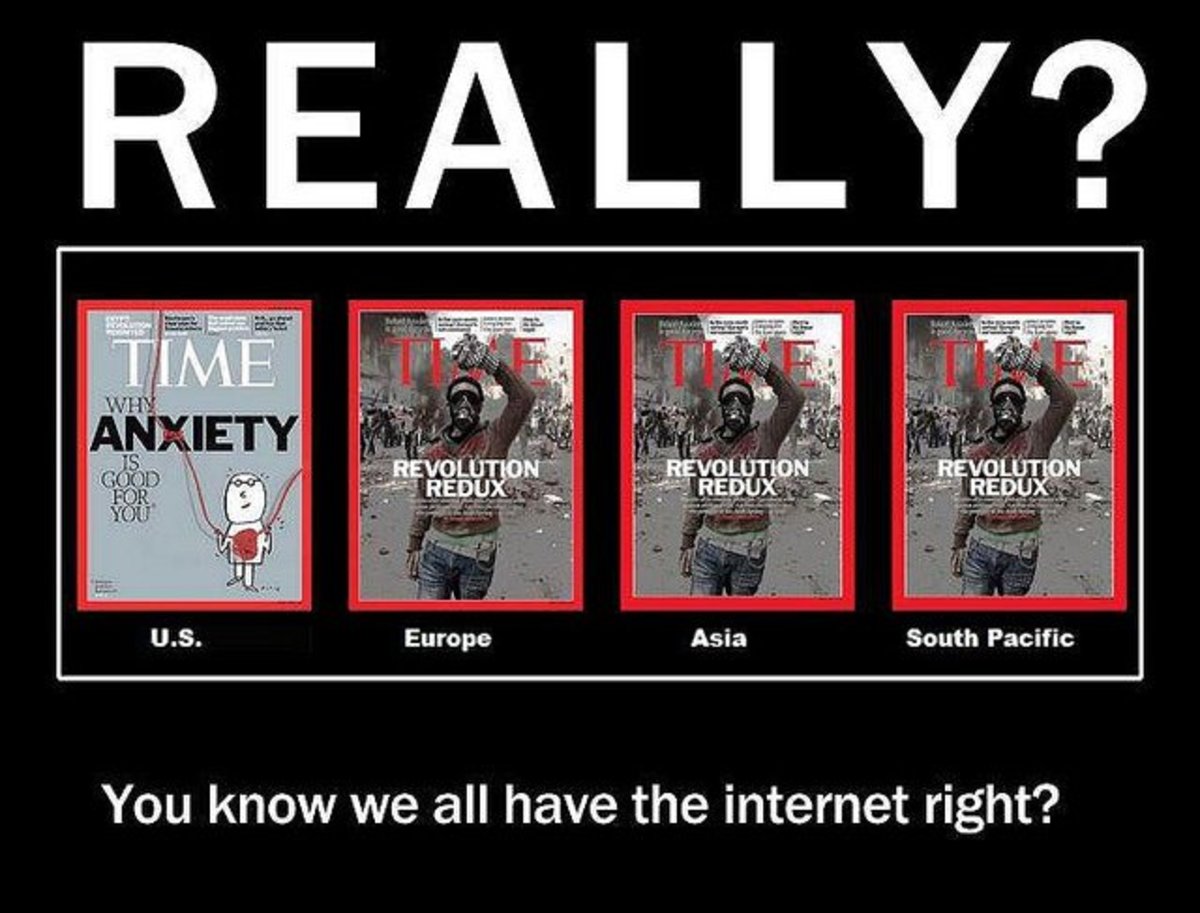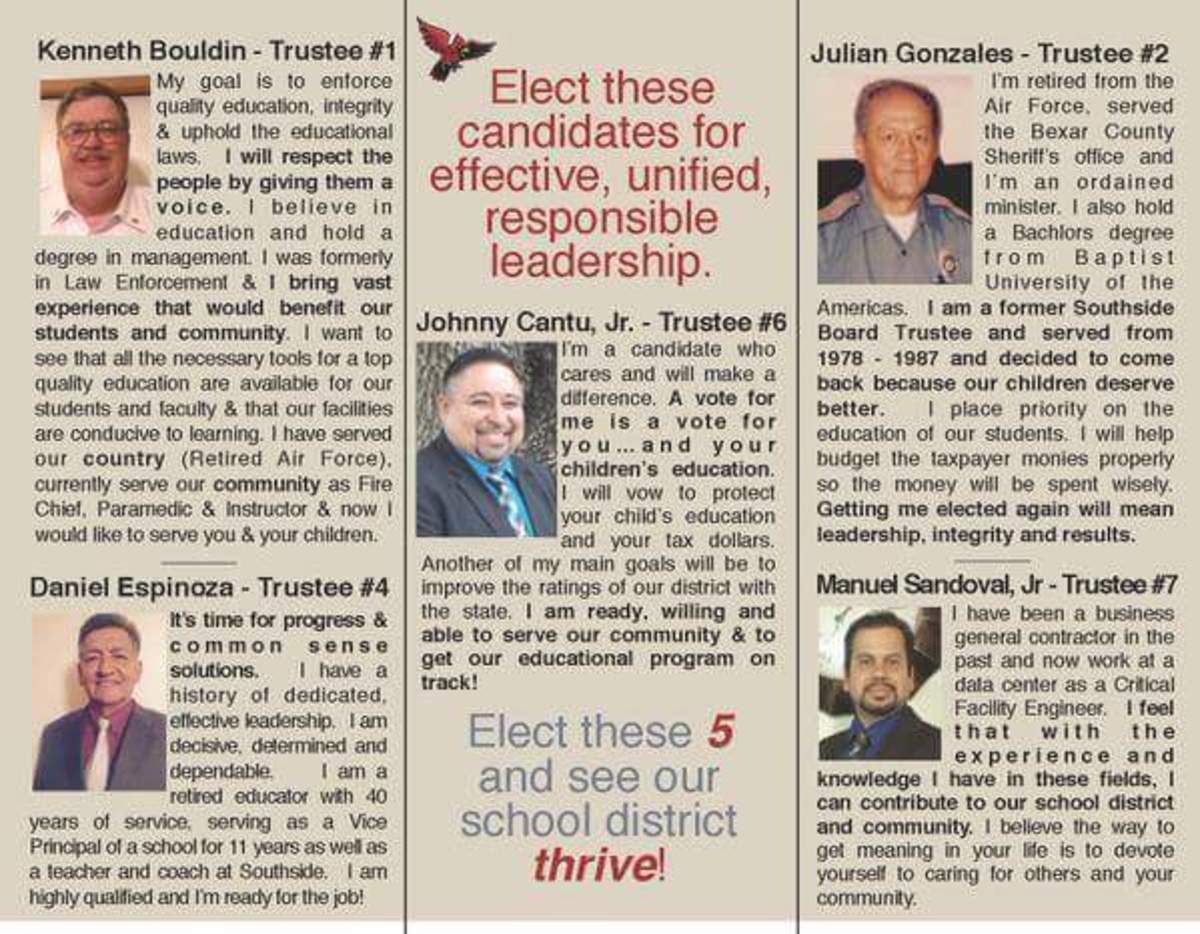How I Inadvertently Started My Own Intelligence Agency

Gathering Sources
Living in several countries and traveling the globe has netted me many friends and experiences. After retiring and moving abroad I began teaching English online part-time. The business grew rapidly and I found myself having to reject students for lack of time. This gave me a choice when selecting students. My favorite part about the work is meeting new people from places that I know little about.
Every morning I start my day skimming approximately 3-4 mainstream news sites and about 3-4 alternative news sites. I select several topics that I believe will be interesting for my students. One thing this has taught me is that not all news presented is totally honest. This may be a shock to some. However, I quickly found that, at times, no one got the story fully correct. My students were often on-site witnesses to events on your everyday news channels.
To clarify, the topics I am talking about are nonclassified. All materials and topics are open-source with the addition of witnesses of various backgrounds, religions, and expertise. In time, I found myself surrounded by experts in their field, from their country, and their first-hand accounts of what was happening.

The Assets
I hate to call my students assets because they are my friends, family, and some of the most interesting people in the world. I've had famous musicians, actresses, nuclear physicists, programmers, teachers, asylum seekers, political refugees, students, gamers, scientists, and more. The places my students come from reach Central America, South America, Russia, China, Japan, Europe, the Middle East, and Africa. When political turmoil or some major breaking news event occurs, I will sometimes get to hear what is happening before the mainstream news even breaks. With open-source intelligence, journalism, and a team of students' expertise, almost any topic can be analytically broken down.
Examples In Action
Although there are different kinds of media from satire to more professional organizations, it is surprising how often each organization can hit or miss their news story. In the world of media, it is easy to do a correction, but in that same world of media consumption, people will move onto the lastest stories and rumors without ever looking back or into the truth of what they saw the days prior.
The first example that surfaces to my mind often was Germany's declaration to not support the war in Iraq that the USA declared. In public, Germany was aggressively against the war in Iraq, as many countries were. The USA, shortly after, stated that they were going to close some of the bases in Germany. This would economically collapse some of the smaller cities that generated huge income from the thousands of soldiers serving in Germany. Real-time witnesses declared halts on construction projects on US bases that led to an instant realization that the USA would possibly be shutting down bases. Shortly after some further dialogue between countries, Germany quietly took over the force protection security at dozens of US bases throughout Germany which freed up 1000s of US soldiers. Although Germany could publically deny any support for the war in Iraq they secretly donated soldiers for other tasks to support the USA. This may seem insignificant, but to a local micro-community, serving and working on a US base, it was their livelihood.

In 2016, absurd stories of millions of Russian citizens were training by going into underground bunkers to prepare for nuclear war. At that time I had several students in Moscow who I thought could possibly have to cancel classes for the day. All of them were let down to discover the fact that they were not invited to the free day off of work to visit an underground bunker. None of them had heard the news and stated the city was running like any other day. Although this story didn't come from a reliable source it was spread through social media and spread as breaking news on several forums.
The annexation of the Crimea in Ukraine shocked the world. I was even more shocked to find I had students that supported both sides of the issue. I had Russian students who felt bad about the annexation and I even had Ukrainians that expressed pro-Russian ideas about it. If you were to only read western news sources then you may have been surprised to find that the situation wasn't as clear cut as Russia invaded Ukraine. There is a deeper history from the Russian perspective and some Ukrainians felt the USA was meddling in their elections. Although I don't have any access to clandestine operations in Ukraine (nor would I be allowed) it is interesting to see that not everyone supports the official western narrative.
- Russia to evacuate 40 million people ready for nuclear strike TODAY - Daily Star
VLADIMIR Putin has ordered every city in Russia to hold a drill in preparation for nuclear apocalypse TODAY. - BBC NEWS | Europe | Germany rules out Iraq war support
Chancellor Schroeder says he will not back a UN resolution authorising war against Iraq, as international divisions over military action widen.
Conclusions
Finding the truth can better help us understand why we are the way we are and why we feel what we feel. One media source would like to tell us we are all the same, while another tells us we are all different, but the truth is it could simply be a bit of both. General blanketing statements about an entire region are rarely, if ever, correct. It is impossible to be an expert on every topic and have access to every location and through teaching English online I have inadvertently discovered some truths across the globe. I don't particularly choose any side and I try to remain neutral on many topics because no matter what the situation is, it is probably more complex than we have been told.








